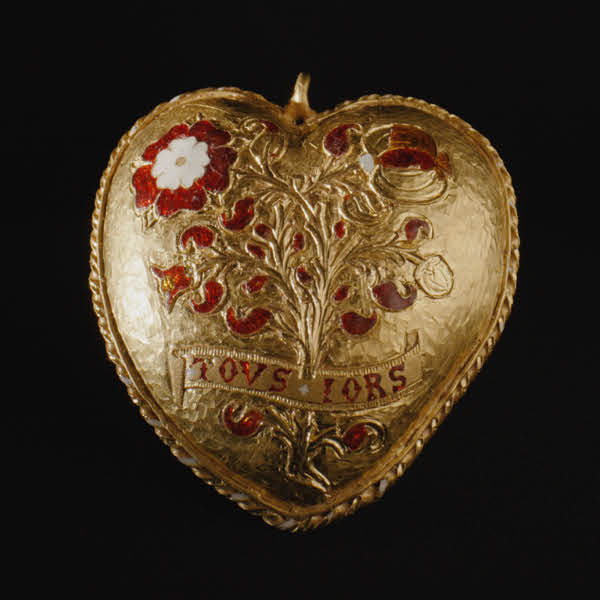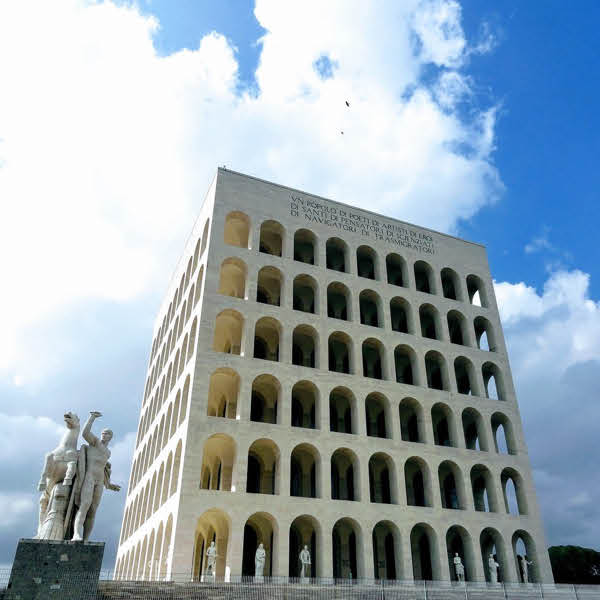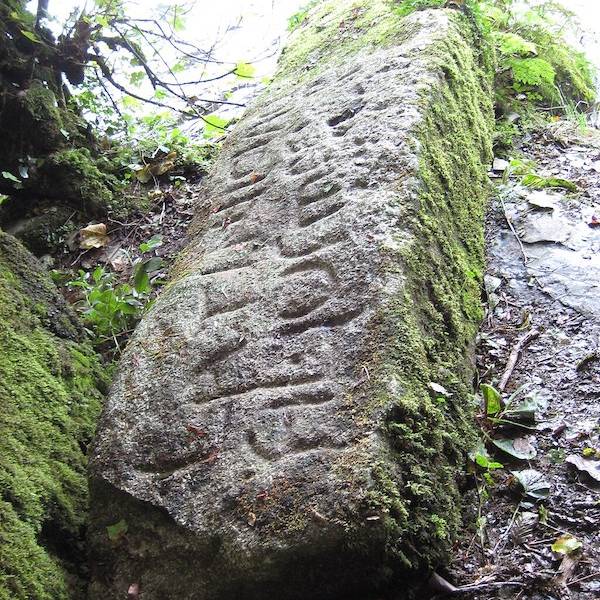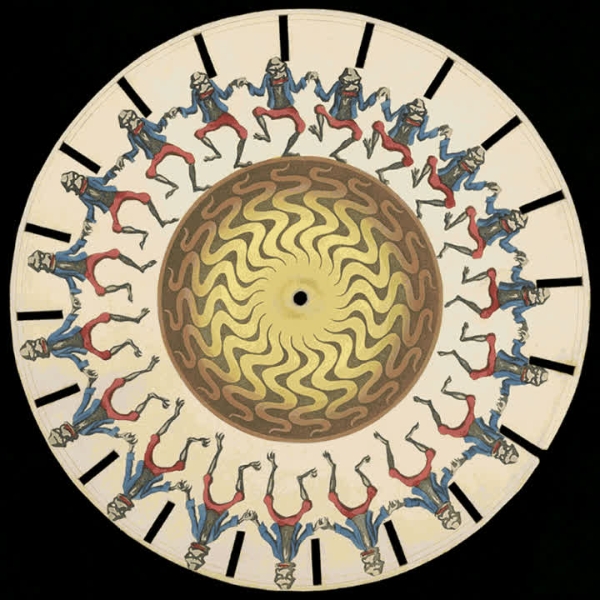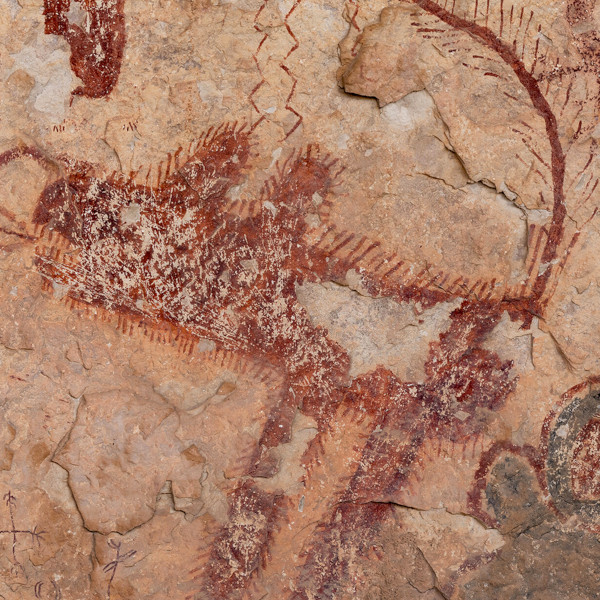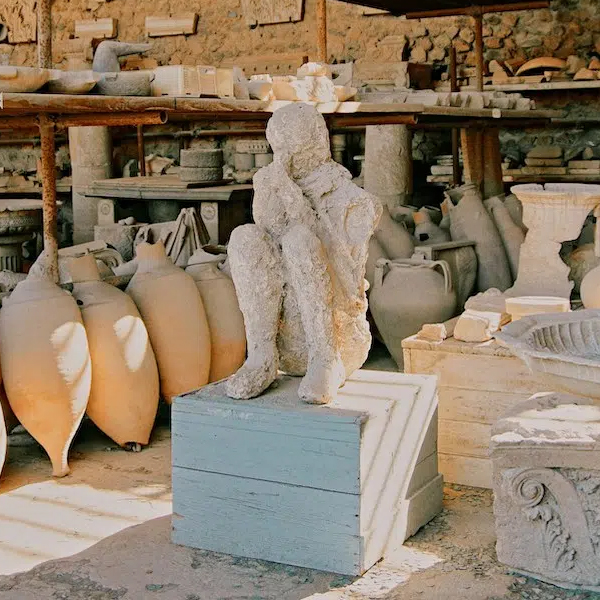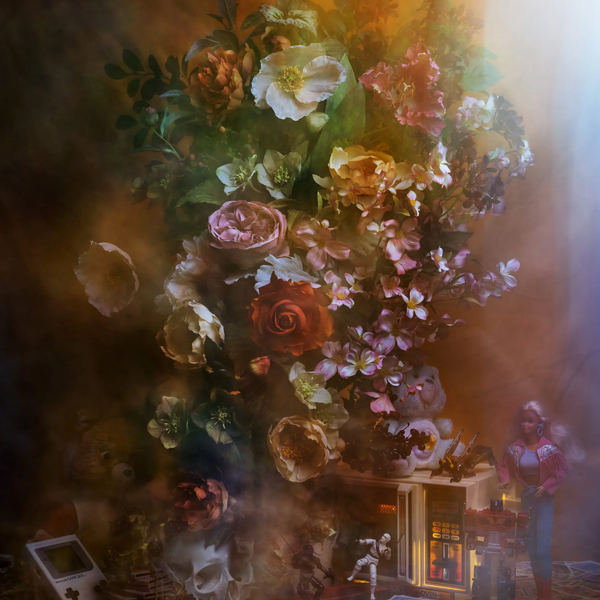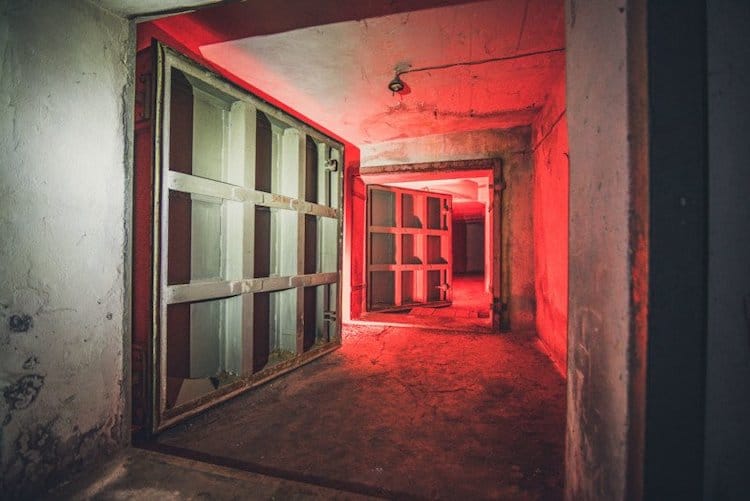
Hidden beneath the streets of Tbilisi, Georgia is a whole other world—or rather, a time capsule of the Soviet era. It's a world that photographer Davit Tabagari discovered during spring 2021 and that has fascinated him ever since. A fan of photography since childhood, he's been using his passion to document the historic underground shelters in Tbilisi.
In 1921, the Georgian Soviet Socialist Republic was formed and then incorporated into the Soviet Union. Though Georgia declared independence in 1991, shortly before the collapse of the Soviet Union, there are still plenty of traces of Soviet history to be found. This includes an extensive underground city and a system of tunnels. Tabagari started exploring some of the over 400 underground shelters in Tbilisi by simply using street-level entrances that most people walk by without noticing.
Descending into these spaces is like going back in time. Tabagari notes that these shelters were built during the Cold War for protection. Each includes a generator and filtration for water, power, as well as systems to supply oxygen. Remnants of furniture, carvings into the wall, and even empty vodka bottles are evidence of how these spaces were used. Incredibly, as many people walk on the streets above, they have no knowledge that they are passing over these spaces.
Some of the shelters are quite spacious. In fact, the one that made a lasting impression on Tabagari had three wings with a total of 150 separate rooms and four diesel generators. Though he came across some initial shelters by chance, his day job at City Hall allowed him to gather more information about where these facilities are located. Most of his discoveries, however, came from observation and from getting in contact with local “diggers.”
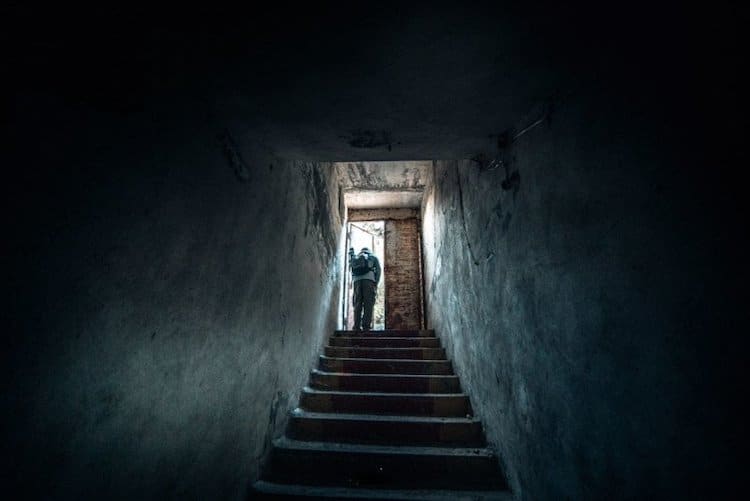
These diggers are adventurers who explore Tbilisi's underground world and post their findings online. This, combined with looking for above-ground ventilation grills, has allowed Tabagari to see more abandoned spaces than he ever could have imagined.
Though there is little archival information about Tbilisi's underground spaces and tunnels, it's believed that they were constructed under the direction of Laventry Beria. Beria was the Communist party's secretary in Georgia throughout much of the 1930s. As Stalin's most influential secret police chief, he wielded enormous power. It's believed that some of the structures housed prisoners under Beria's brutal reign and that a tunnel to the train station may have been used to secretly transport prisoners.
After dedicating himself to photographing these spaces, Tabagari hopes that others will see the images as an important reminder of Tbilisi's history. “The project was so complex and required a lot of time,” he tells My Modern Met. “As soon as you get there, you feel the history; realize exactly how many resources were invested in the Cold War preparations and what scale it was. I hope that people will also feel the specificity of these shelters from the photos and this collection will add value to our understanding and overall knowledge about the USSR, Cold War, and our history.”
Tbilisi, the capital of Georgia, is filled with underground Soviet-era structures and tunnels.
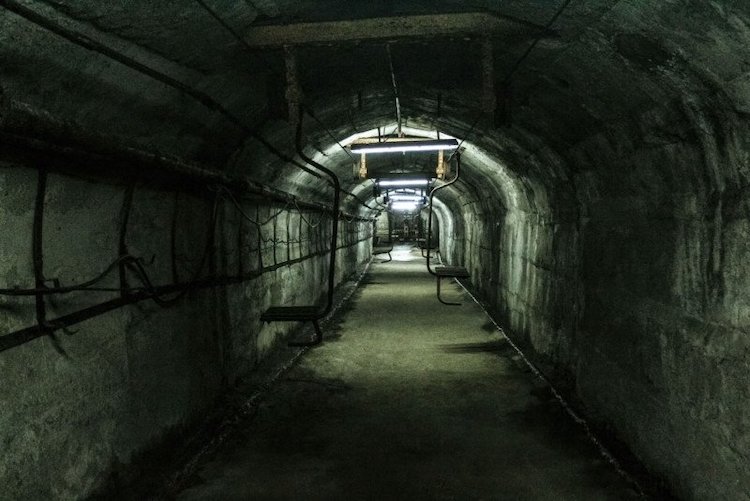
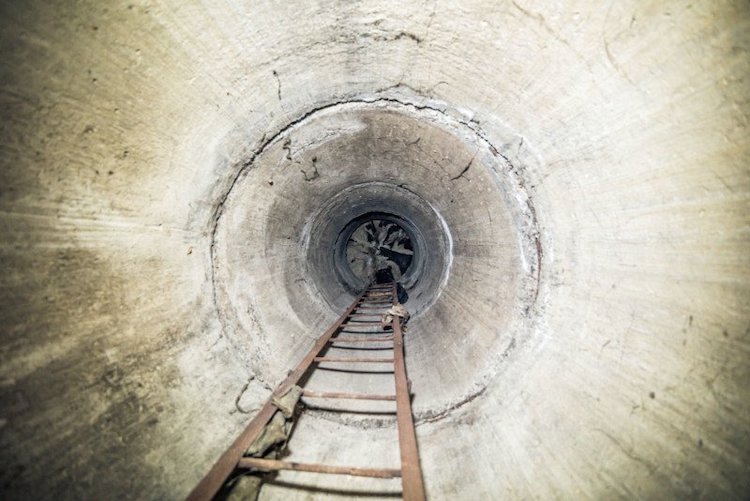
Photographer Davit Tabagari has documented some of the over 400 underground bunkers.
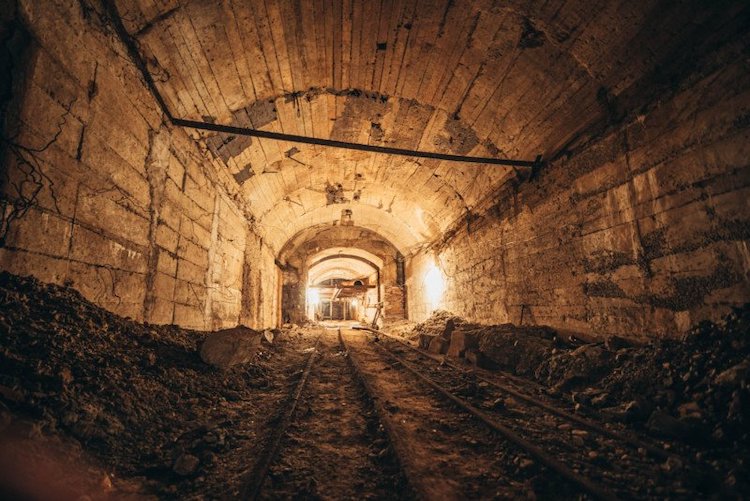
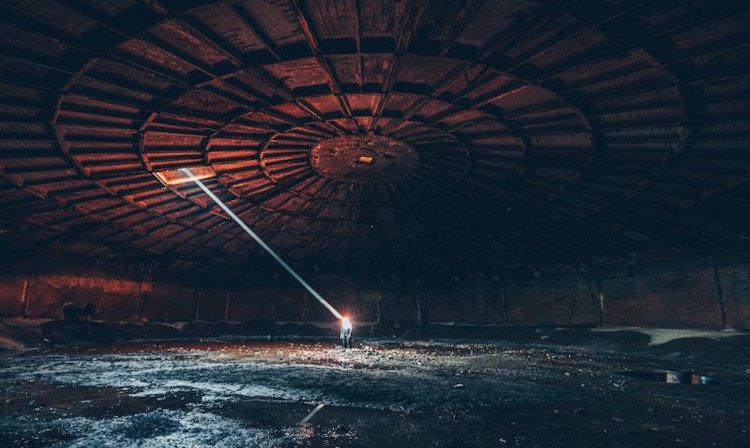
Many of these spaces show signs of their former life.
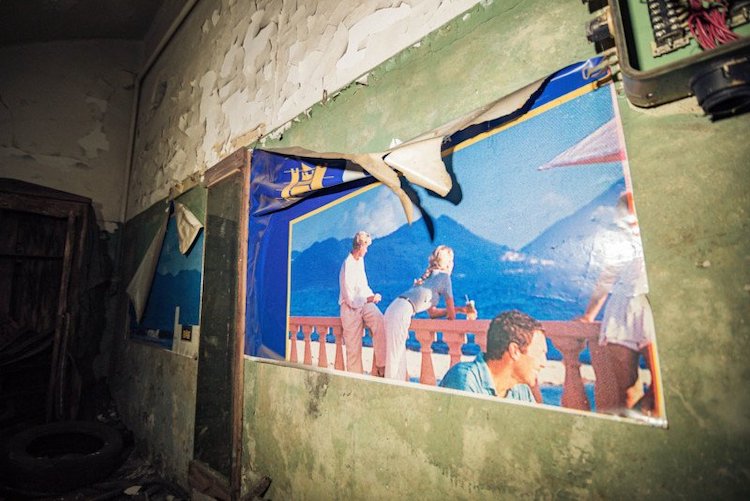
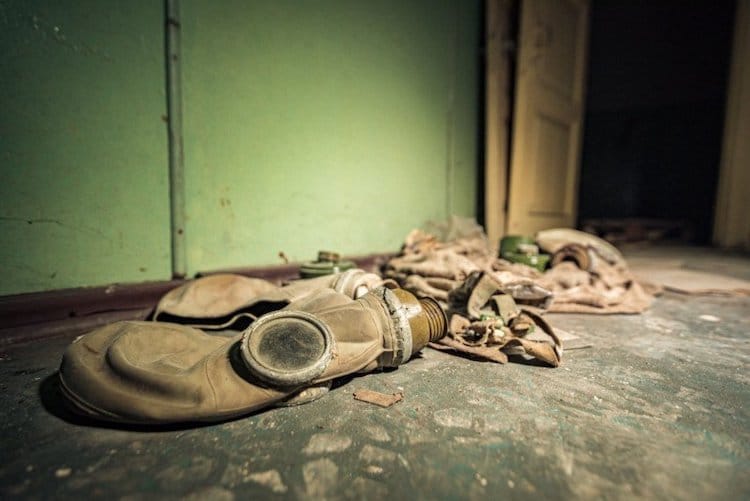
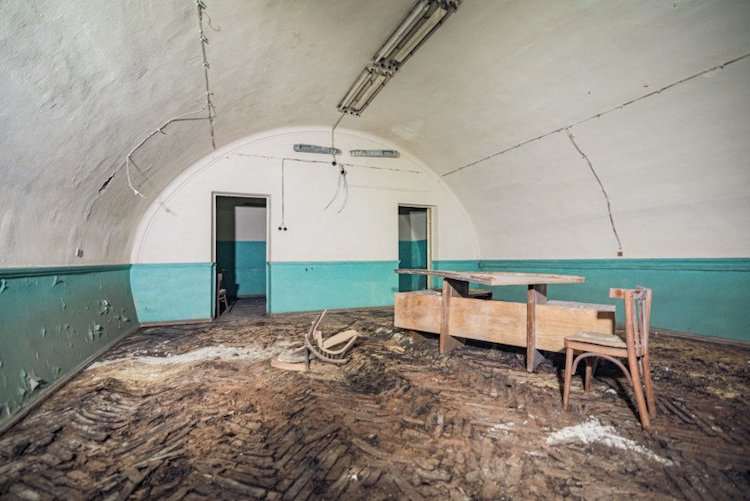
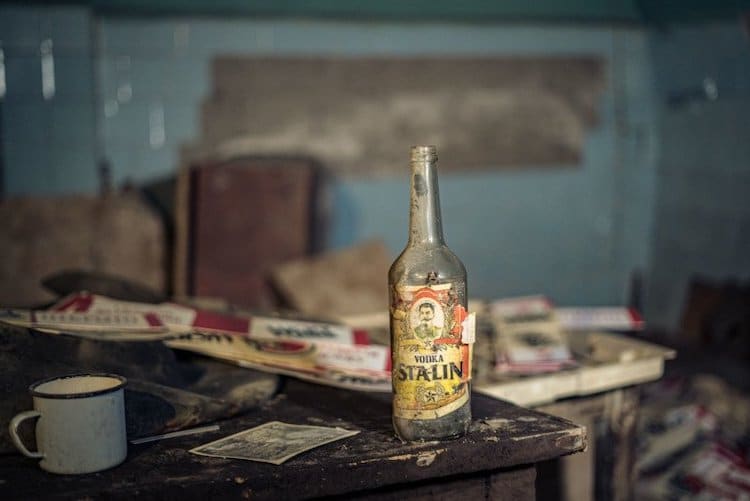
It's believed that some areas were used as underground prisons under Stalin.
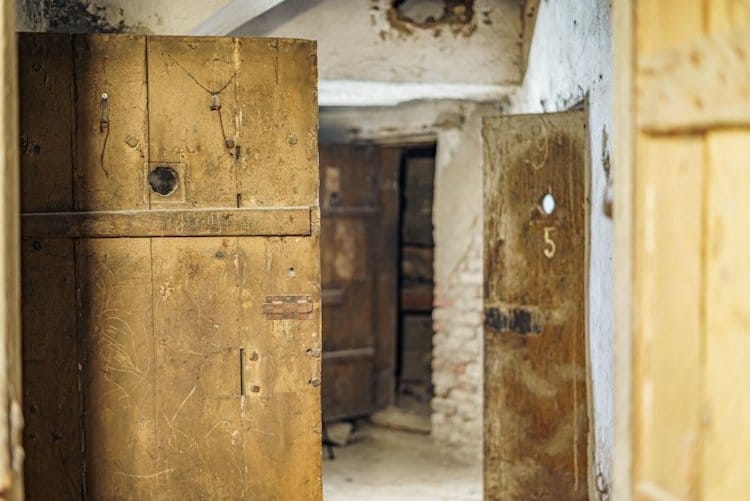
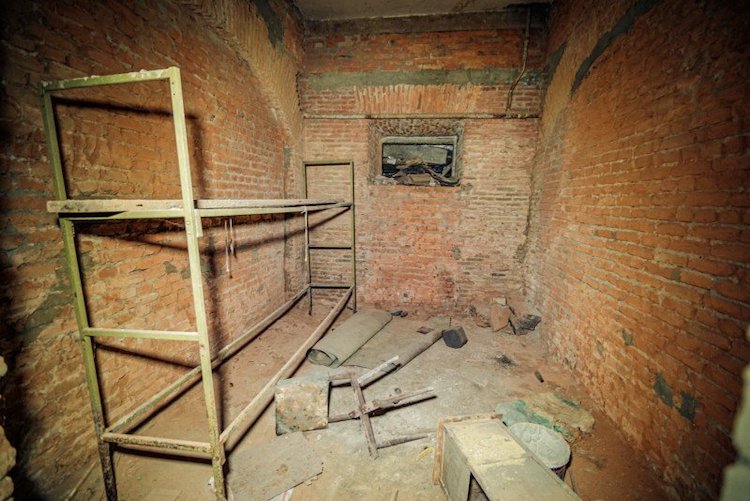
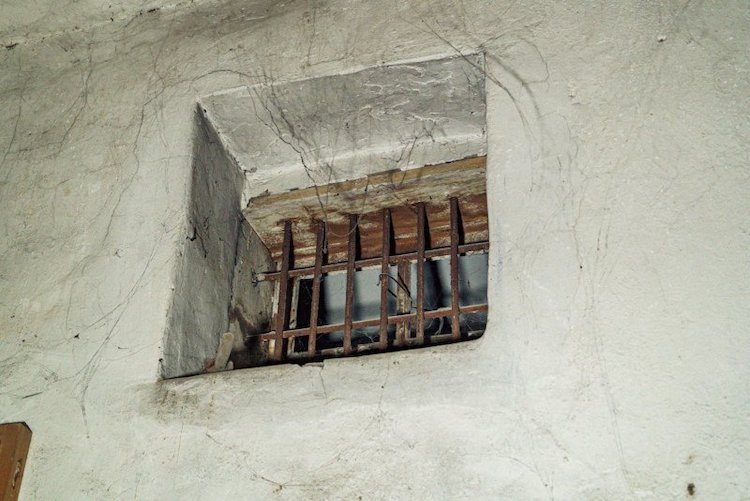
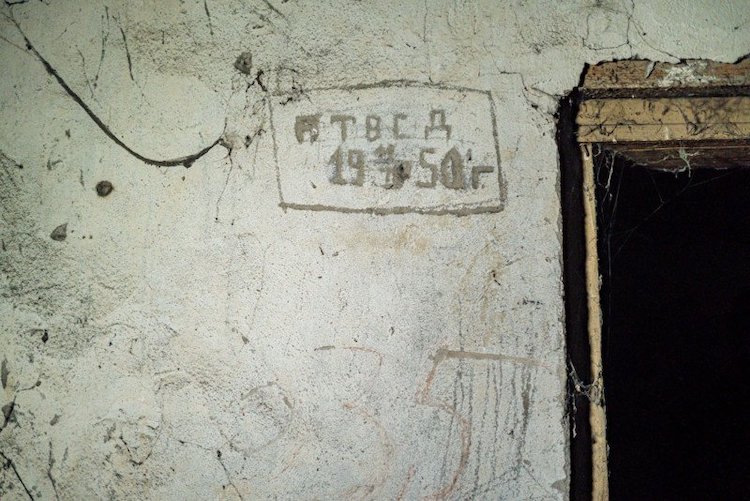
This underground city had generators, air filters, and communication systems.
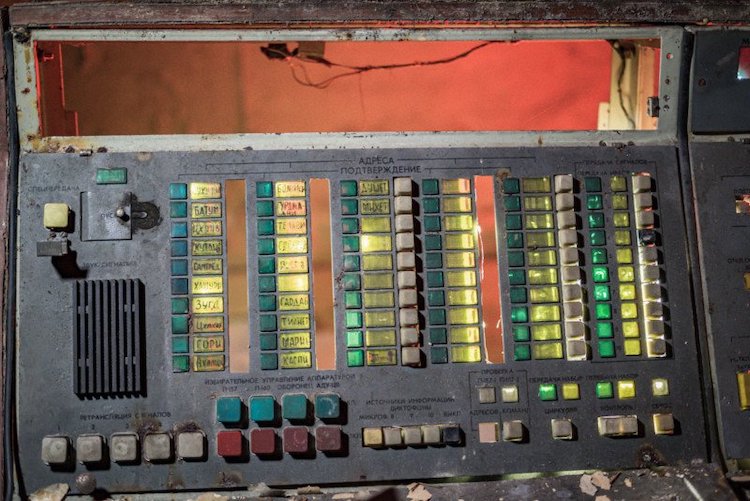
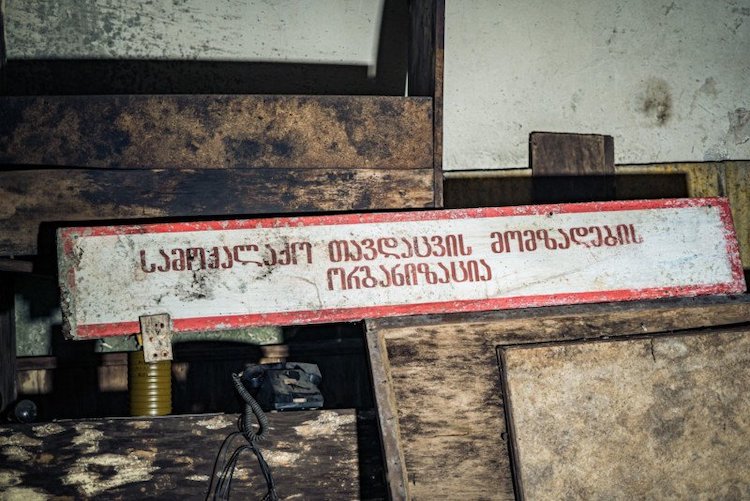
Davit Tabagari: Facebook | Instagram
My Modern Met granted permission to feature photos by Davit Tabagari.
Related Articles:
Fascinating Underground Worlds by Steve Duncan
Massive Ancient Underground City Once Housed 20,000 People
Photographer Captures the Crumbling Architecture of Post-Soviet Abkhazia
NYC’s Lowline to Turn Forgotten Trolley Tunnel into World’s First Underground Park











































































